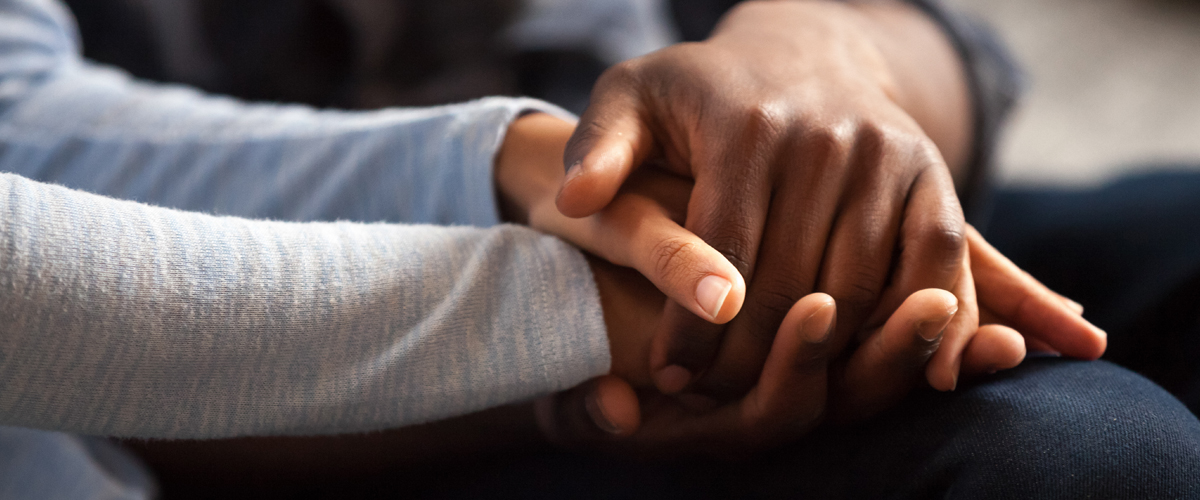Supporting a Friend after Sexual Assault

It's a difficult situation. A friend calls and tells you the unthinkable. The friend has been sexually assaulted. Your mind races as you try to process the news. You want to be supportive, but don't really know what to do or say.
Consider these "Do’s" and "Don'ts" when offering support to a friend or peer.
DO listen.
Sometimes the best thing to do is listen. That's probably why your friend or peer is calling in the first place. If you are doing most of the talking, you are not listening. Be comfortable with silence and allow your friend to lead the conversation.
DO use phrases such as:
-
"You're safe now (only if true)."
-
"I'm glad you're talking to me."
-
"I'm sorry it happened."
-
"It wasn't your fault."
-
"Your reaction is normal for what happened."
-
"It must have been really upsetting to experience that.”
-
"I can't imagine how you must feel.”
DO offer to be there for them.
Sometimes people may not know what they want or need after a sexual assault. Offering suggestions as to what a next step might be and assuring them that you will be available to support them in whatever decision they make may help them focus on what options are available. Reassure them that the “next step” is their decision.
DON'T judge.
Sexual assault is one crime where victims are often judged and even blamed for the crime. Keep in mind that no one asks to be sexually assaulted. The alleged offender is 100 percent responsible for his or her crime.
DON'T ask for any details.
Sexual assault is a serious crime, and like any serious crime, it's a traumatic event for the victim. You don't need to know the "who, what, when, where, how, and why" of the assault. Your friend will take the lead on whether he/she wants to "get into the details."
DON'T use phrases such as:
-
"What were you wearing?"
-
"How much did you have to drink?"
-
"You're lucky that . . ."
-
"It'll take some time, but you'll get over it."
-
"I can imagine how you feel."
-
"Don't worry; it's going to be all right."
-
"Try to be strong for your children, spouse, etc."
-
"Calm down and try to relax."
DON'T leave them alone.
Individuals who have experienced the trauma of sexual assault may be overwhelmed with feelings, including fear, shock, helplessness, hopelessness, despair, anger, anxiety, panic, and even suicidal thoughts. If you sense that your friend is experiencing any of the above and you need to leave, ask if you can call someone else to provide support. This may be an opportunity to suggest calling the Sexual Assault Prevention and Response (SAPR) Victim Advocate (VA). However, think safety first and take appropriate immediate actions if you sense potential harm to self or others.
For more information about how to help, visit Sexual Assault Prevention and Response.